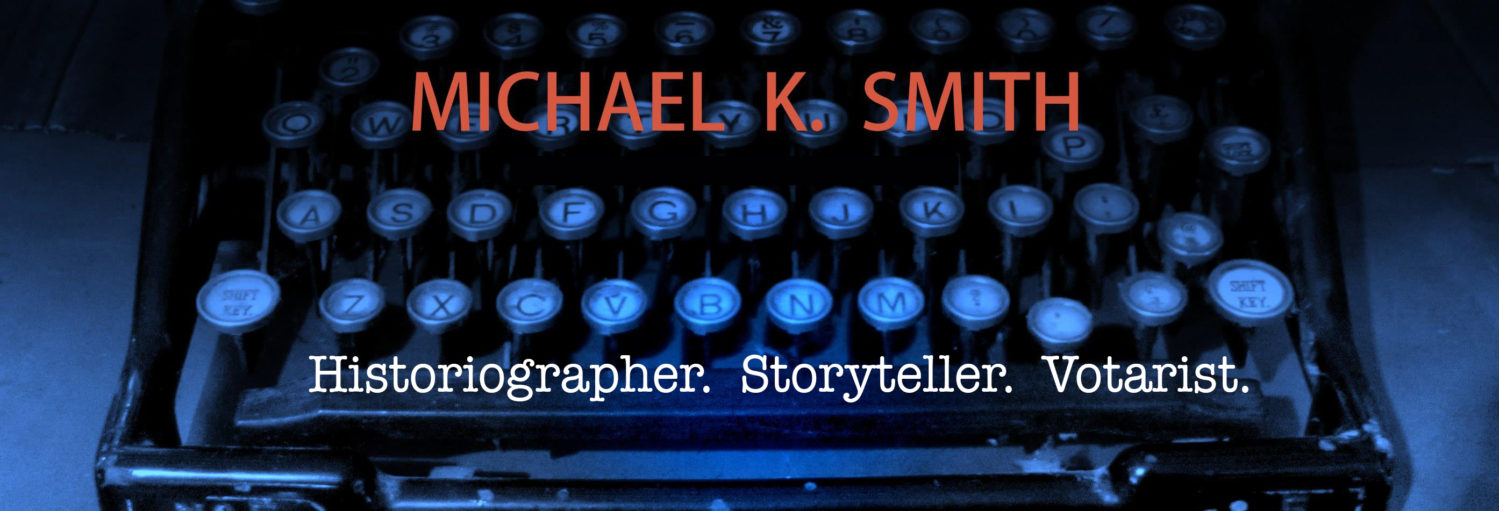 I’m a guy. I write mostly about men. Men at war. Shooting guns. Riding horses. Doing brave deeds. Becoming heroes. From the male perspective, of course.
I’m a guy. I write mostly about men. Men at war. Shooting guns. Riding horses. Doing brave deeds. Becoming heroes. From the male perspective, of course.
So, how does an author shift gears and write from a female perspective—and what would prompt him to do so? For me, the answer to this question can be found by exploring a scene from each perspective.
Here is a scene from my first book, HOME AGAIN, at the Battle of Shiloh:
Off to the right of their line and behind the Rebel line several hundred yards away was a slight rise, and a line of Confederate cannon was being brought up. As the horses pulled the cannons up, they were unhitched, and the cannoneers pushed them into a line aimed directly at the bow in the Northern line about where Zach was with his new company. The first fusillade of shot came from the big guns nearly simultaneously. All the shots appeared too high.
The sergeant, whose total energy was now focused on the battle at hand, said to Zach, “Take that contraption in your hand and see if you can discourage those Rebel cannon. They are about to blow us to smithereens.”
Zach looked around for something to prop his rifle up against as he always did. No rocks or trees were nearby. Dickson, who had heard the sergeant, knew what Zach was looking for. Not seeing anything he sat on the ground facing the target and said to Zach, “Try this.” Zach squatted behind him, placed the rifle on Dickson’s steady shoulder and sighted through the scope at the first cannoneer to the right of the line. The ground was soaking wet and he could feel water penetrate his still-damp clothing. The wind was negligible, and the range could not have been over three hundred and fifty yards. He would be shooting up, and experience always told him to aim a bit low when shooting up. John was breathing and with each breath, the crosshairs would move up and down.
“John, take a deep breath, let it half out and just hold it.”
Dickson did, and while it wasn’t perfect, Zach aimed at the first cannoneer’s chest, rubbing his finger on the stock…deep breath…exhale…half breath…squeeze…
“Another breath, John.”
Zach squeezed off another shot.
“Again.”
Another shot.
Three more times and all six cannons were silent. In less than sixty seconds, the entire battery had been decommissioned. The other soldiers on both sides were too involved to see or realize what had just happened, but the one who counted, the sergeant, did.
In this scene the character, Zach, finds himself in the middle of an offensive line of soldiers at Shiloh during the early stages of the Civil War. He is empowered by his ability to effectively use a rifle at long range. His mission is to eliminate a threat, as perceived by his sergeant.
In contrast, here is a scene from my short story, THE WALL, just before the Allies swarmed through Bonn on their way to Berlin in WWII:
“Helga? Are you here?” the captain called as he entered the front door. He went straight to the bedroom to check. “Ah, yes. There you are, Honig,” he said relieved. He came to the bed and kissed her. He drew the covers back and saw she was naked. “Ah, perfect. It’s been a long day,” he said sighing. “I’ve been thinking of you for some time.”
Helga watched him undress and she immediately started to build her wall. The wall that would enable her to isolate herself from him and the things she let him do. It was like separating her mind from her body. Her body would go through all the motions, but her mind would not follow. Rather it would dwell on the goal line while her body tried to get there.
She also knew he was a terrible lover and that was a good thing. When he had taken all his clothes off, he slowly pulled back the covers again a gazed at her. He was ready almost instantly. He lay on top of her. His forehead was beaded with sweat and his body smelled like dirty laundry. Helga closed her eyes. Her wall protected her and it was all over in a few minutes. He rolled over and she got up and started to dress.
“Stay for a drink?” He asked.
“No. I must go, but could I make you one?”
“Sure. Will I see you Thursday?” He asked. Then, he added, “I am being transferred back to Berlin. Soon, you will be free of us. Won’t that make you happy?”
She stopped in her tracks. “Berlin? Who will take your place?”
“What! You’re not worried about me?” He asked sarcastically. “I could easily capture the two Jews you are hiding, then ship you with them to Dachau.”
She watched him through the mirror as she brushed back her hair. “Yes, you could, but then I wouldn’t be here on Thursday,” she said.
He got up and went into the bathroom. As he passed her, she reached for his bottle of Scotch and poured some into a glass. She looked toward the bathroom as she took one of the ampules from her purse. He was just out of sight and she squeezed the ampule hard, breaking the glass and the yellowish fluid dripped into the Scotch.
From the bathroom he said again, “See you on Thursday?”
“Yes, captain,” she said, wiping the glass chards off on her skirt. Then she went down the stairs and out the back door.
As she walked back to her flat, the impenetrable wall that she had constructed started to crumble as she thought about the Scotch. She forced the sense of violation away and by the time she arrived back to her flat, she felt human again. She also felt a sense of triumph. Thinking again about the Scotch, she smiled.
This scene takes place in Germany during WWII just before the Allies come through. Despite the distance of time between these two scenes, there is a common thread: Though empowered in very different ways, both Helga and Zach want to destroy the enemy. Helga is empowered by her own moral compass and uses the age-old weapon of her female sexuality to help save Jews from being exterminated. Zach, on the other hand, is instructed to kill by his commanding officer and he willingly does it in fine fashion. Helga is motivated by her own sense of right and wrong, which makes her far more compelling to me. She is driven primarily by internal forces—and Zach is more driven by external forces. Helga’s is a crime of expression. Zach’s is a crime of aggression.
This shift of gears from the male to female perspective involves knowing your characters, crawling inside their heads, and being open to seeing things in a new, sometimes counterintuitive, way. While it is much easier (for me) to crawl into a man’s perspective, the opposite takes a little more thought and a better understanding of exactly who the character is. The character is, after all, the author’s creation and by first defining his/her goals, aspirations and dreams, the author can more easily predict and write about how each character will act and react to various stimuli.
My hope is that in shifting gears and incorporating new perspectives, I will become a more effective author with an understanding and approach that will extend to my future characters male or female.

Leave a Reply